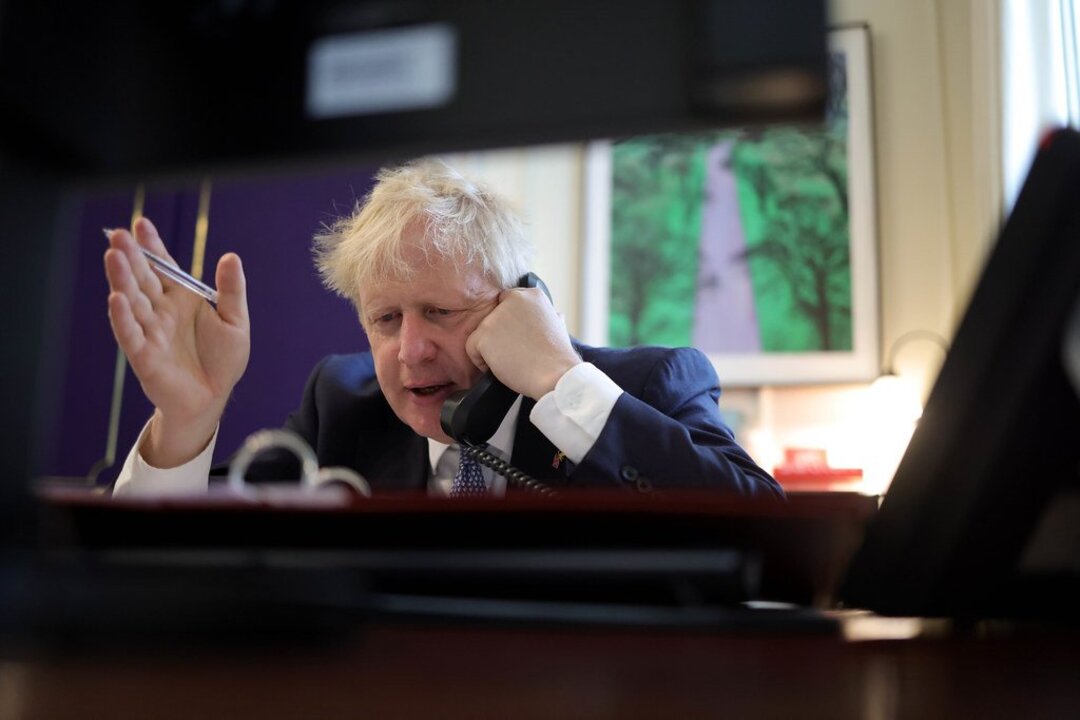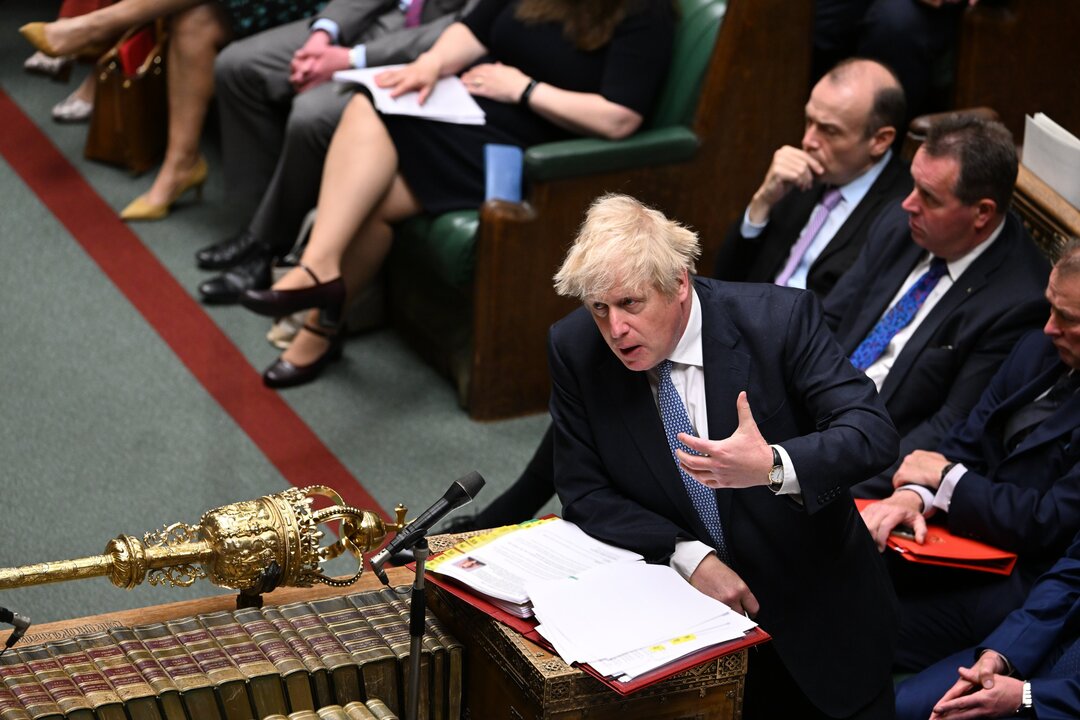-
Boris Johnson suffers blow as second ethics adviser resigns

Reuters reported that British Prime Minister Boris Johnson suffered a further blow to his authority on Wednesday (June 15) when his second ethics adviser in less than two years quit his post.
Johnson last week survived a confidence ballot that saw 41% of his lawmakers vote against his leadership after months of scandals and gaffes that have raised questions over his authority to govern and knocked his standing with the public.
Christopher Geidt, the independent adviser on ministers' interests, last month said Johnson must explain why he thought he had not broken the ministerial code after being fined over attending a party during the COVID-19 national lockdown.
Geidt said in a statement posted on the government's website: "With regret, I feel that it is right that I am resigning from my post.”

Geidt, whose role was to advise Johnson on matters relating to the ministerial code of conduct, did not give a reason for his resignation.
The government said it was surprised by Geidt's decision.
Poll: Boris Johnson better PM than Labour leader Sir Keir Starmer
A government spokesperson said: "Whilst we are disappointed, we thank Lord Geidt for his public service. We will appoint a new adviser in due course.”
Geidt, the Queen's Private Secretary for 10 years until 2017, was appointed by Johnson in April 2021. The previous holder of the role resigned in 2020 in protest at Johnson's support for a minister who was found to have broken the code.
Opposition Labour Party Deputy Leader Angela Rayner said: "The Prime Minister has now driven both of his own hand-picked ethics advisers to resign in despair. If even they can't defend his conduct in office, how can anyone believe he is fit to govern?”
Boris Johnson wins no-confidence vote and saves premiership
Geidt last year called for his role to have greater authority and independence, but when the government updated the ministerial code last month it said that, while he could now initiate an investigation, he was still required to consult the prime minister.
He had also previously criticised the fact that an exchange of messages had not been disclosed to him when investigating who funded a costly refurbishment of Johnson's Downing Street flat.
Source: reuters
You May Also Like
Popular Posts
Caricature
BENEFIT Sponsors BuildHer...
- April 23, 2025
BENEFIT, the Kingdom’s innovator and leading company in Fintech and electronic financial transactions service, has sponsored the BuildHer CityHack 2025 Hackathon, a two-day event spearheaded by the College of Engineering and Technology at the Royal University for Women (RUW).
Aimed at secondary school students, the event brought together a distinguished group of academic professionals and technology experts to mentor and inspire young participants.
More than 100 high school students from across the Kingdom of Bahrain took part in the hackathon, which featured an intensive programme of training workshops and hands-on sessions. These activities were tailored to enhance participants’ critical thinking, collaborative problem-solving, and team-building capabilities, while also encouraging the development of practical and sustainable solutions to contemporary challenges using modern technological tools.
BENEFIT’s Chief Executive Mr. Abdulwahed AlJanahi, commented: “Our support for this educational hackathon reflects our long-term strategic vision to nurture the talents of emerging national youth and empower the next generation of accomplished female leaders in technology. By fostering creativity and innovation, we aim to contribute meaningfully to Bahrain’s comprehensive development goals and align with the aspirations outlined in the Kingdom’s Vision 2030—an ambition in which BENEFIT plays a central role.”
Professor Riyadh Yousif Hamzah, President of the Royal University for Women, commented: “This initiative reflects our commitment to advancing women in STEM fields. We're cultivating a generation of creative, solution-driven female leaders who will drive national development. Our partnership with BENEFIT exemplifies the powerful synergy between academia and private sector in supporting educational innovation.”
Hanan Abdulla Hasan, Senior Manager, PR & Communication at BENEFIT, said: “We are honoured to collaborate with RUW in supporting this remarkable technology-focused event. It highlights our commitment to social responsibility, and our ongoing efforts to enhance the digital and innovation capabilities of young Bahraini women and foster their ability to harness technological tools in the service of a smarter, more sustainable future.”
For his part, Dr. Humam ElAgha, Acting Dean of the College of Engineering and Technology at the University, said: “BuildHer CityHack 2025 embodies our hands-on approach to education. By tackling real-world problems through creative thinking and sustainable solutions, we're preparing women to thrive in the knowledge economy – a cornerstone of the University's vision.”
opinion
Report
ads
Newsletter
Subscribe to our mailing list to get the new updates!





















